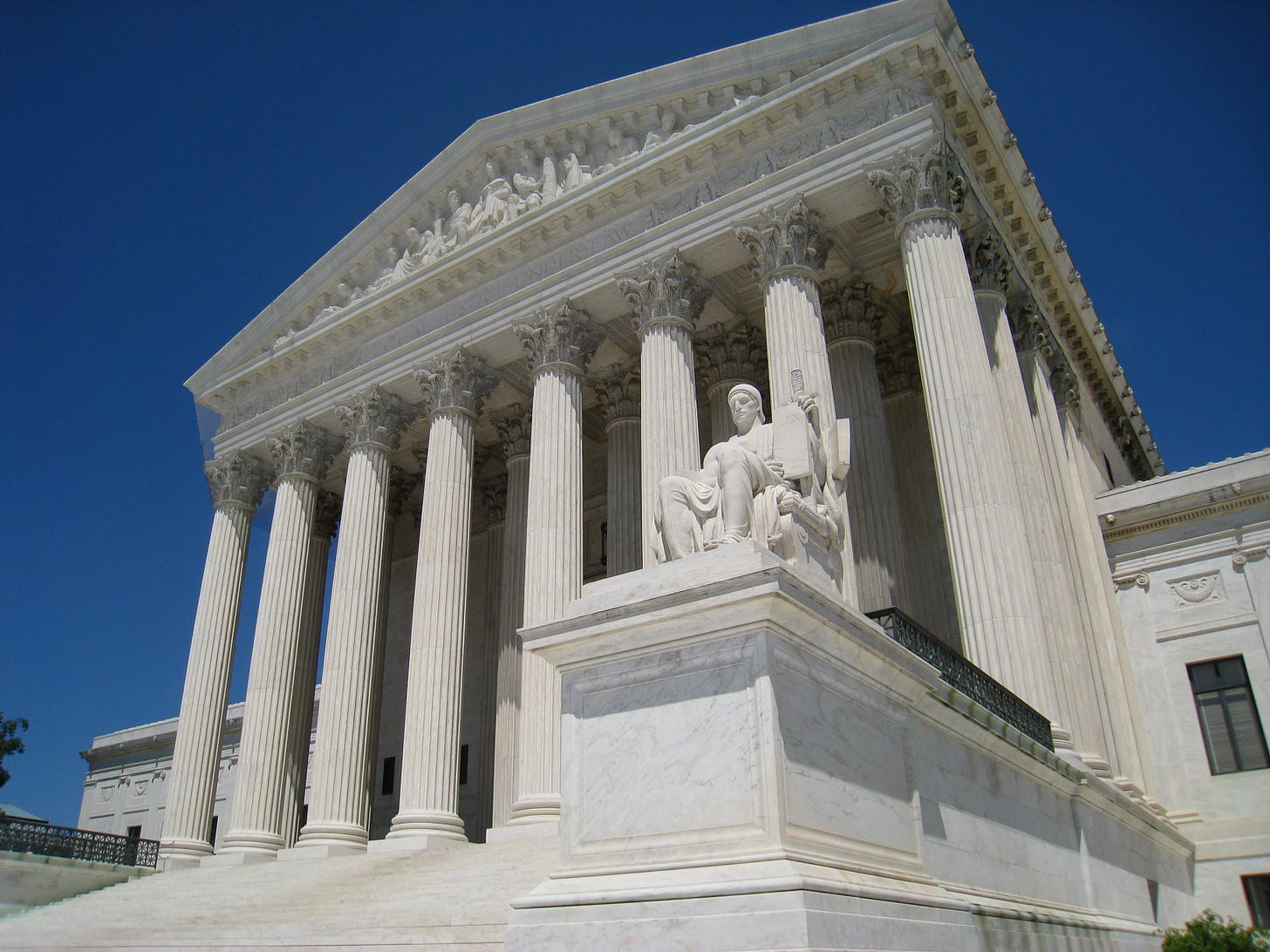Washington DC Continues To Wrestle With Restrictive Texas Abortion Ban
"We are going to find ways" to address the new law, White House chief of staff says
The restrictive new ban which aims to prohibit all abortions after six weeks of pregnancy may only be a state law in Texas, but it continues to dominate thinking in Washington DC, as well.
The Texas law — which went into effect last week after the US Supreme Court refused to hear an emergency appeal — is novel in that it allows private citizens to sue abortion providers and anyone else who helps a woman obtain an abortion — including those who give a woman a ride to a clinic or provide financial assistance to obtain an abortion. Private citizens who bring suits don't need to show any connection to those they are suing.
Moreover, many women who seek abortions are already more than six weeks pregnant by the time that they become aware of the need.
President Biden's announced his opposition to the Texas ban, and the federal government is looking at how best to respond, according to White House Chief of Staff Ron Klain.
“We have the best lawyers at the Justice Department looking for legal remedies to protect women who are seeking to exercise their constitutional rights,” Klain said. “We have the team at [the Department of Health and Human Services] looking at what means we can do to try to get women the healthcare services they need in the face of this Texas law.
“And we have the gender policy counsel here at the White House — the first time a president’s ever had a policy counsel devoted to gender issues — coordinating all this work to bring options forward for the president and the vice president,” Klain added.
Noted constitutional law professor Laurence Tribe penned a guide for the Justice Department to stop the Texas vigilante abortion law.
Writing in the Washington Post, Tribe explained that the glaring problem with the law is that it is a clear civil rights violation.
“Attorney General Merrick Garland has the power, under federal civil rights laws, to go after any vigilantes who employ the Texas law to seek bounties from abortion providers or others who help women obtain abortions,” Tribe explained.
Tribe cited Section 242 of the federal criminal code, which would be key to combatting the Texas law. That part of the law makes it a crime to willfully deprive individuals "of any rights, privileges, or immunities secured or protected by the Constitution or laws of the United States.”
Because until, and unless, the Supreme Court strikes down Roe v Wade — the landmark 1973 decision which paved the way for legal access to abortions nationwide — access to abortion remains protected by the US Constitution.
Meanwhile, the Supreme Court's late-night dismissal of the appeal which let the Texas law go into effect has revived talk about pushing for the retirement of Justice Stephen Breyer, the oldest liberal on the high court — particularly if, as some believe, that dismissal presages a desire to overturn Roe.
Breyer's retirement — such that a Democratic president could select his successor — took on new vigor after the death last year of Justice Ruth Bader Ginsberg shortly before the presidential election.
Donald Trump, and his Republican allies in the Senate, hurried through the installation of Amy Coney Barrett on the Supreme Court to fill the Ginsberg vacancy just weeks before Biden defeated Trump.
“I believe if he is seriously considering retirement and he has said he would do it based on not only his own health but also the future of the court,” said Sen Amy Klobuchar (D-Minn). “If this decision doesn’t cry out for that, I don’t know what will do it. And that’s not going to change the results necessarily, but at least it doesn’t put it at 7-2.”
Do you find this post of value?
Please share it…




